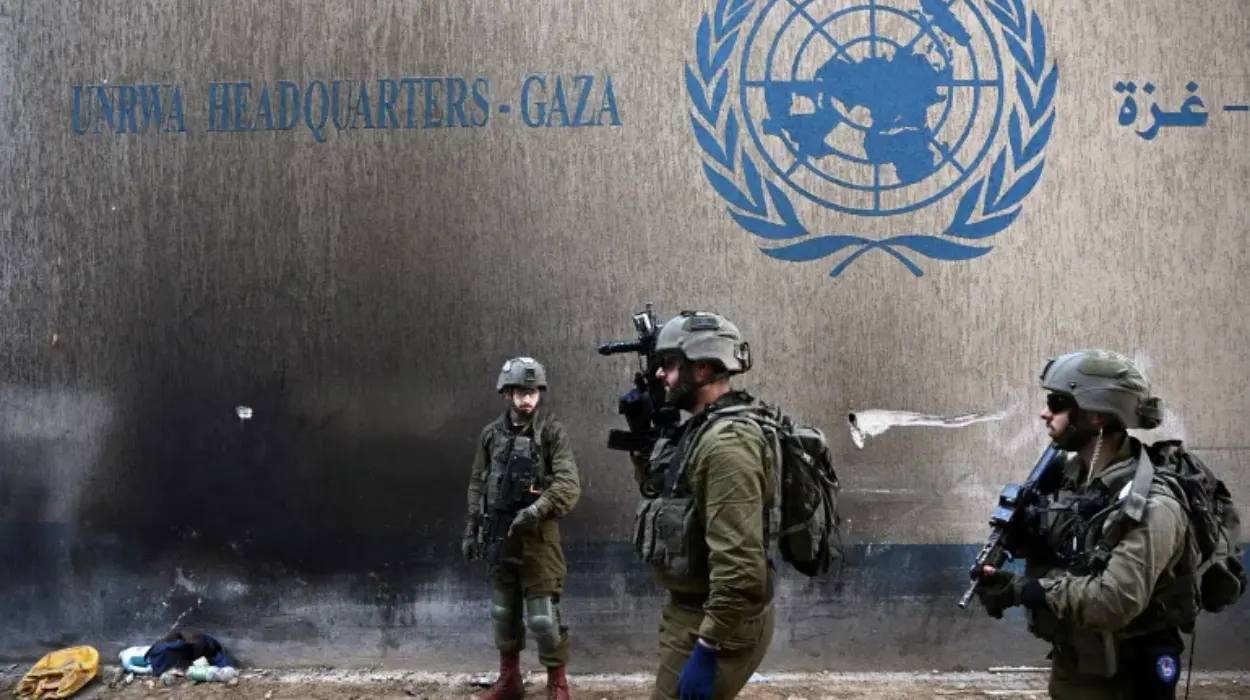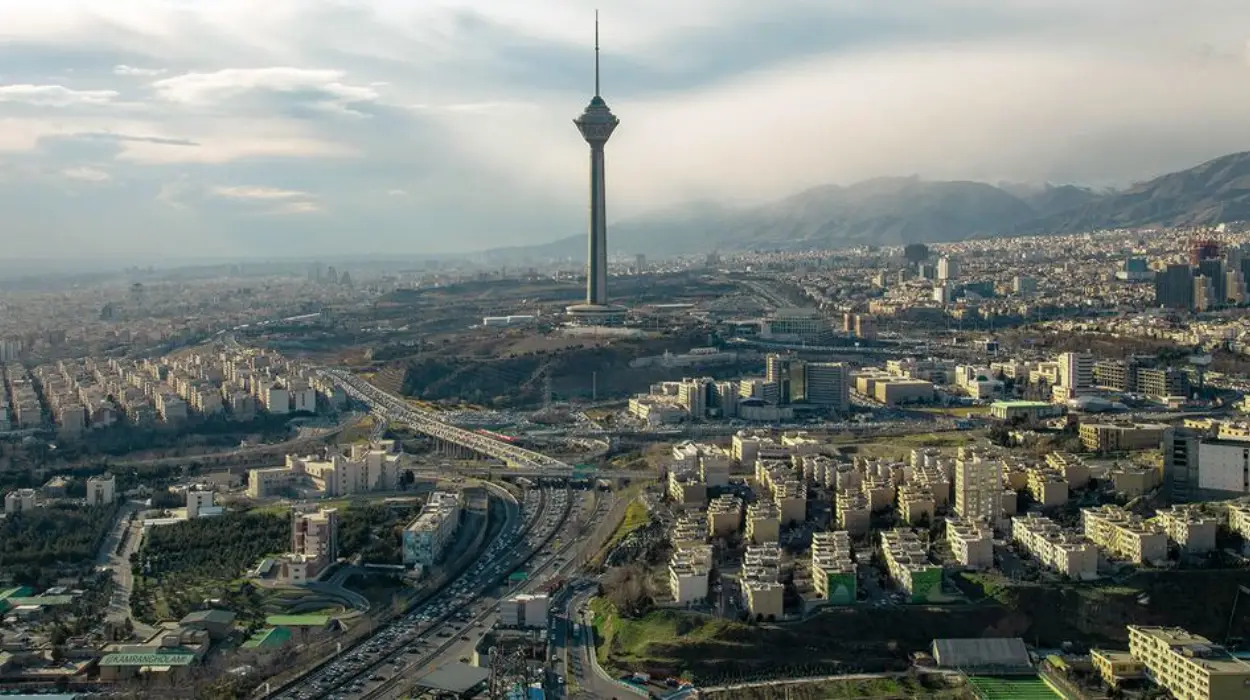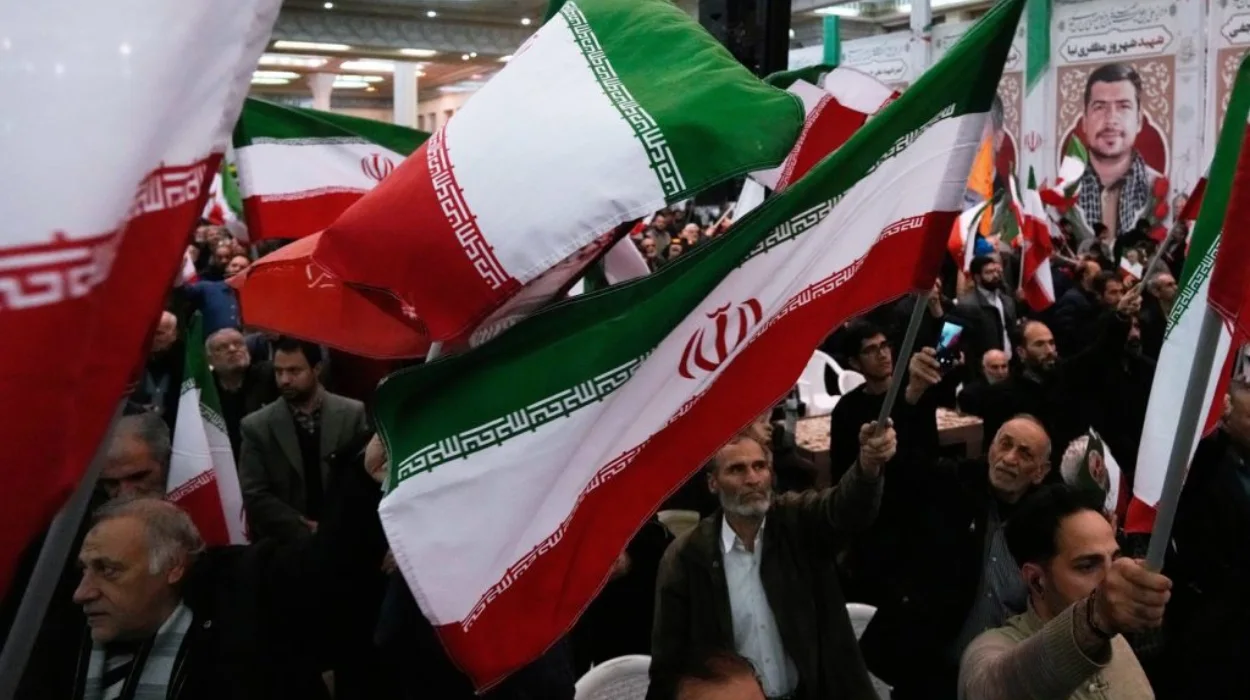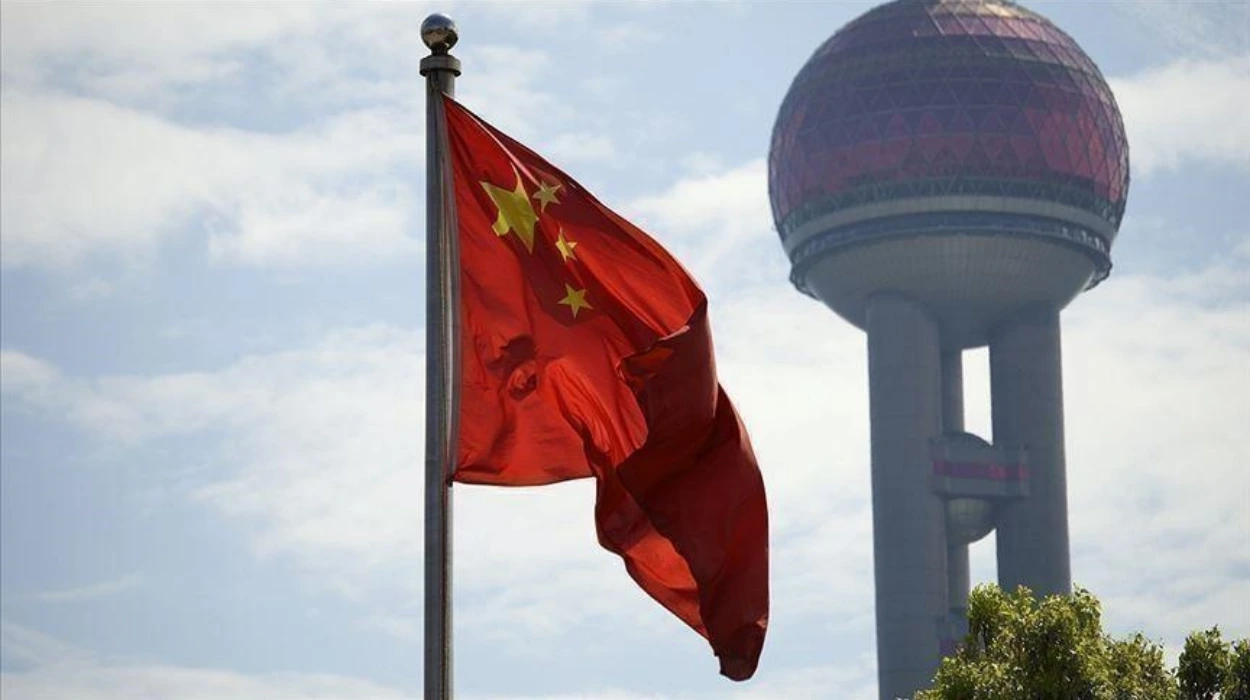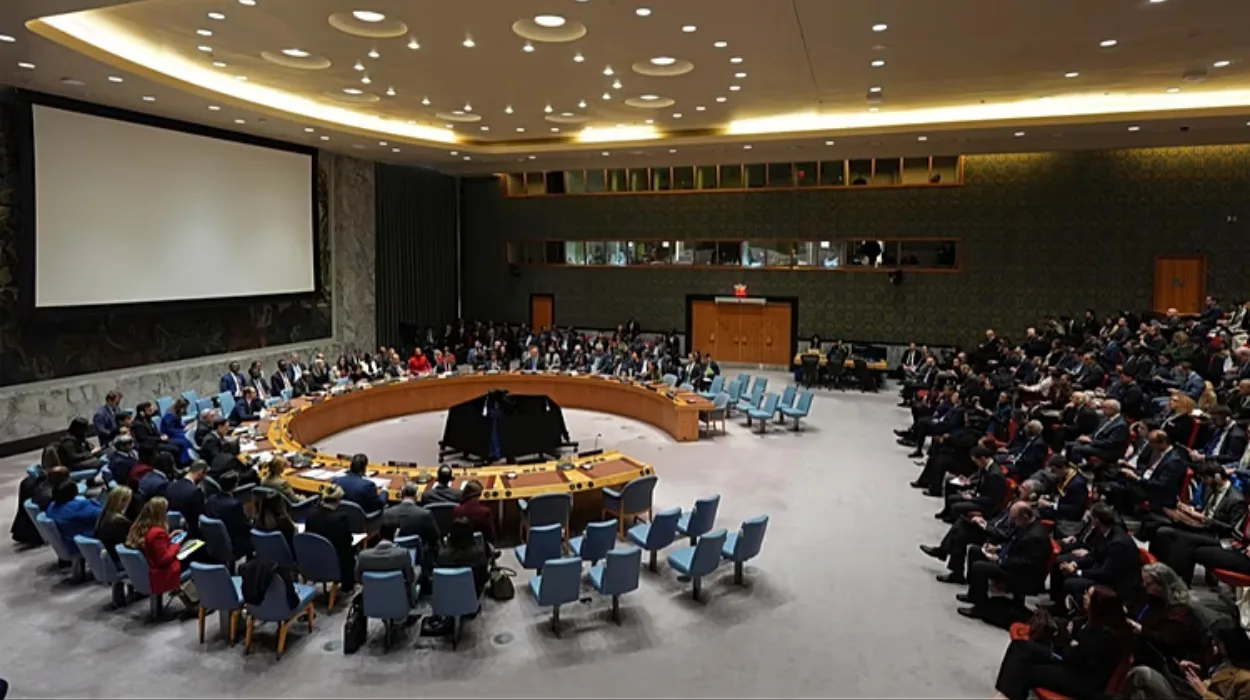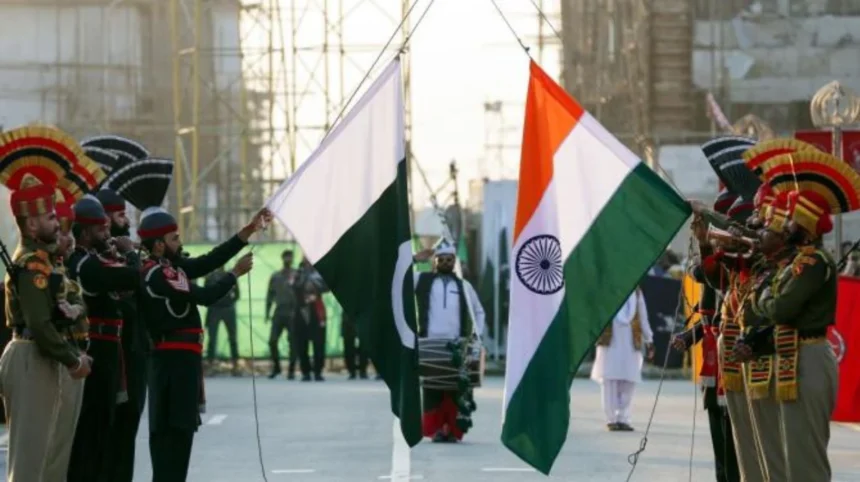Amid tensions between the two countries after the Pahalgam terror assault, Islamabad requested an emergency meeting of the UN Security Council, which will have confidential deliberations on the situation between India and Pakistan on Monday.
At the moment, Pakistan is a non-permanent member of the influential 15-nation Security Council, which Greece is chairing for May. The Greek Presidency has set a meeting on May 5 in the afternoon after Islamabad “requested closed consultations” on the tensions between the two nations.
The ten non-permanent members of the Council are Algeria, Denmark, Greece, Guyana, Pakistan, Panama, South Korea, Sierra Leone, Slovenia, and Somalia, in addition to the five permanent members that have the power of vetoes: China, France, Russia, the United Kingdom, and the United States.
Ambassador Evangelos Sekeris, Greece’s Permanent Representative to the United Nations and the May Security Council President stated last week that if a request is made for a meeting to discuss the situation between India and Pakistan, it will be held amid the escalating tensions between the nuclear-armed South Asian neighbors in the wake of the April 22 Pahalgam terror attack.
Sekeris had previously stated, “As a position of principle, we strongly condemn any act of terrorism and this is what we did,” in reference to the “heinous terrorist attack” that occurred in Pahalgam and claimed the lives of innocent citizens.
External Affairs Minister S Jaishankar addressed all Council members, excluding China and Pakistan, in the weeks after the Pahalgam terror incident in Jammu and Kashmir, which claimed the lives of 26 people. “Its perpetrators, backers, and planners must be brought to justice,” Jaishankar said in his comments.
In addition, he had conversations with South Korean Foreign Minister Cho Tae-yul, French Foreign Minister Jean-Noel Barrot, US Secretary of State Marco Rubio, UK Foreign Secretary David Lammy, Russian Foreign Minister Sergey Lavrov, and UN Secretary-General Antonio Guterres.
During a news conference at the UN last Friday, Ambassador Asim Iftikhar Ahmad, Pakistan’s Permanent Representative to the UN, stated that his nation had the authority to call a meeting whenever “we feel appropriate.”
Ahmad stated, “We can see that everything that is taking place is in the context, against the backdrop of the situation in Jammu and Kashmir.” According to him, the post-attack state of affairs poses a serious risk to both regional and global peace and security. Guterres was updated on the security situation in the region by the Pakistani envoy during their meeting last week.
Following the incident on April 22 that murdered 26 people, largely tourists, relations between the two neighboring countries fell apart. Following the terror incident, India declared a number of retaliatory actions against Pakistan, such as downgrading diplomatic ties, suspending the Indus Waters Treaty, and closing the only operational land border crossing at Attari.
India is dedicated to taking “firm and decisive” action against terrorists and their supporters, according to Prime Minister Narendra Modi. The military forces had “complete operational freedom” to choose the strategy, objectives, and timing of India’s reaction to the strike, Modi also assured the senior defense officials.


